History Is Too Often Written in Blood
“Only the dead have seen the end of war.” – Plato
There is a distinction between history and History. The first type of history can be anything, such as my autobiography or someone else’s personal history. It can also be the history of the bicycle or the airplane. History, with a capital H, is something else altogether. It specifically refers to the history of a country or a nation, which consists of what recorded accounts of past events in the development of such nation signified within the particular framework of the historians. Historiographical framework is basic in the initial consideration of the matter because there is more than one viewpoint in writing a nation’s history. Historical narratives are almost never neutral.
“History is written by the victors.” – Winston Churchill
We know that there are interest groups behind the writing of every History and, in certain cases, one historiographer’s account of a significant event may run distinct and even in direct contradiction to another historical narrative. More than this, there could even be several dissimilar accounts from different historians. At a certain point, a focused study of these multilateral accounts gets extremely engaging as a meta-historical concern of philosophy, which zeroes in on an examination of a historian’s intents and motives as well as the power base that sustains such intents and motives and from which the historiographer draws the energy to write history from that perspective.
This entry point to the present issue is fundamental in stressing the fact that not all past events are History material. In the process of decoding History, a specifically defined trajectory has to be advanced on the basis of an equally well defined aim and set of objectives. This notion further magnifies the fact that a multiplicity of historical perspectives is a reality. Generally, the only intersecting points in different narratives of a historical event are the cold facts of dates, locations and personalities involved in the event, but each of the historiographers’ interpretation of such event is extremely variable. In other words, historiography is by and large a matter of interpretation, and therefore belongs to the realm of subjectivity. History is not only a recording of past events but also a recorded interpretation of past events deemed to be significant to different interest groups.
In this context, we can say that History is a celebration. Where and how would an interest group and its historiographer draw the excitement and inspiration to enhance the importance of an event even if the mere facts are not exciting at all? History, as celebration, is almost always a victor’s account in the continuing experience of a people’s life as a nation. This point sustains and strengthens the notion that History is always written by the victors and never the losers in a struggle for emancipation, freedom, independence, sovereignty, national dignity and progress. In most, if not all instances of national struggle, it is likewise a factual matter that History is replete with hostilities in the form of wars.
“War doesn’t determine who is right, but only who is left.” – Bertrand Russell
War is thus a given and common fixture highlighted in practically all Histories of all nations. Even the national heroes celebrated, revered and regularly commemorated as centerpieces in these histories were generally warriors of their glorious times regardless of whether they were martyred or not so long as in the overall historical context, their legacy and greatness are of major importance to the final victory. George Washington of the United States was a warrior as well as Jose Márti of Cuba. The warrior Simon Bolivár is an esteemed hero not only in Bolivia but in other South American countries. Vietnam has Ho Chi-Minh, and China has Mao Zedong. A significant exception here, to my knowledge only the Philippines has a non-warrior national hero in the person of Dr Jose Rizal. The status of Rizal as a national hero has been contested for a long time because of the fact that it was the American colonizers who actually declared him a national hero with the hidden, but rather obvious, agenda that a non-warrior personality model be programmed and instilled in the cultural consciousness of the Filipinos to create, ultimately, a docile and easily manipulated people. With this in mind, it is commonplace to think that war is a perennial and hence an inevitable aspect of History. But can there be History without war, can humans stop writing their historical narrative in blood?
Looking at how things develop in the world today, it seems that the various historical accounts about to be written will still highlight wars and their respective miseries. As we witness current events unfold in various parts of the world, war is likely to remain a major centerpiece of History. As long as imperialist powers continue to manipulate geopolitical events in places like Eastern Europe, the Middle East, Africa and some parts of Asia, History will always be a dramatic rehearsal of violent conflicts with the presence of some aggressive political and economic forces arrogating over and overpowering weaker but resource-rich countries, many of which are located in the southern hemisphere. As long as there are warmongering countries, world History will be saturated with war narratives. In fact, a new post-modern war that dominates world events now is the “drone war” where there is minimal human involvement in the actual drone attacks being perpetrated by the aggressors, but maximum destruction on the receiving end, including innocent bystanders cynically called by the imperialist narrative “collateral damage”.
Though not a necessary component of History, but rather its constant prominent aspect, there is no historical narrative that does not include a war. With this in mind, it is not so far-fetched to think that war is inevitable in History. History without war remains to be written. When there is no longer war, this might be the end of History.
Editor’s Notes: Photographs one and six from the archive of Tommy Japan; composite image two by Leigh Anthony Dehaney; photograph three by Jeremy Richardson; four and seven from the archive of Jared Enos; and five from the archive of Christopher Augapfel.
Related Articles

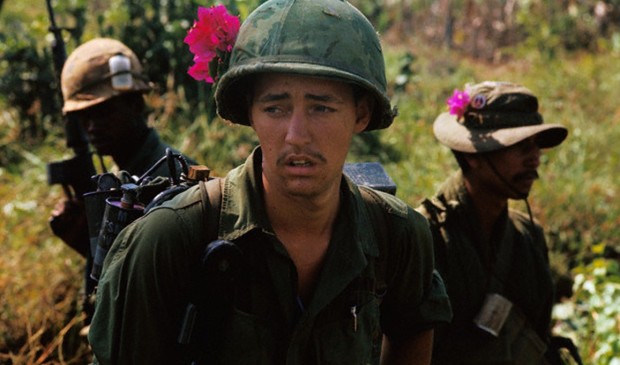
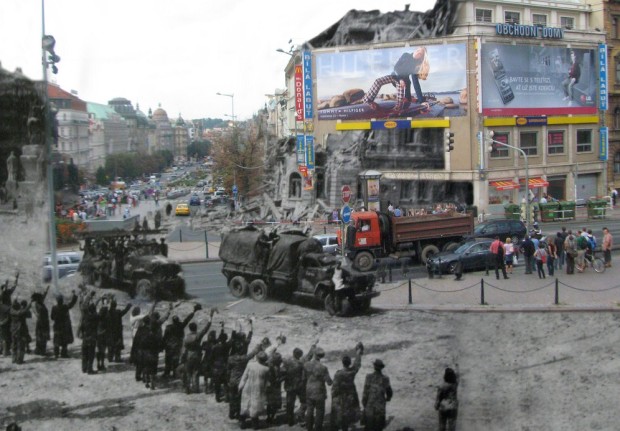
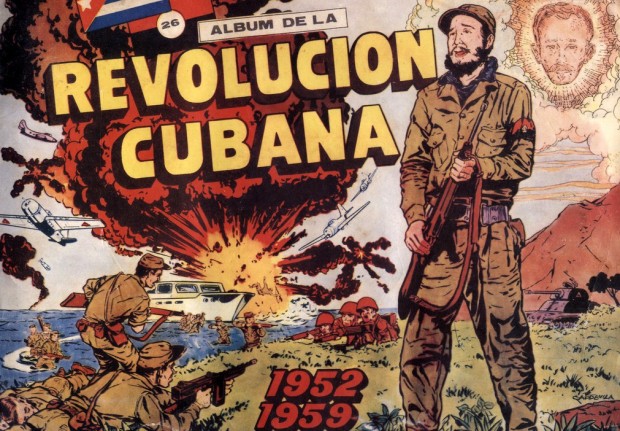
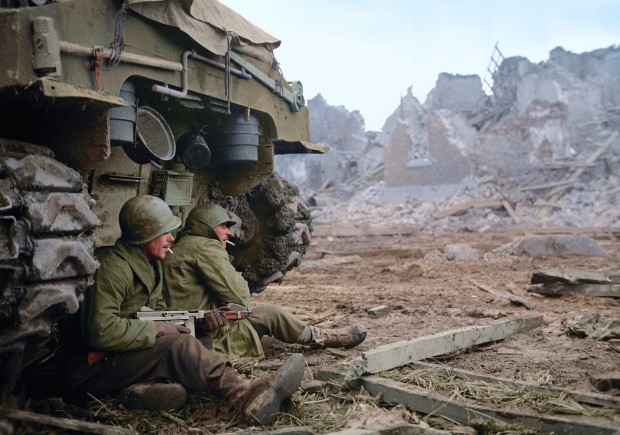
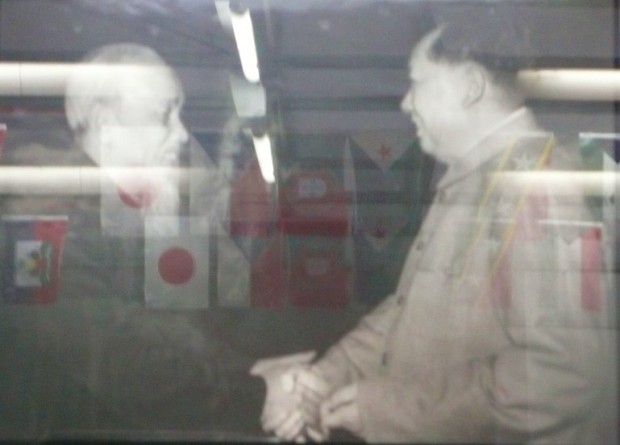
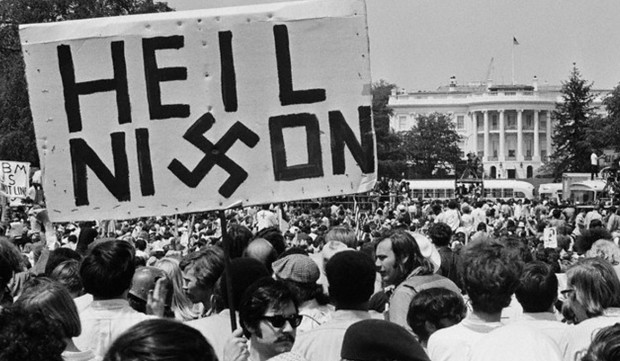
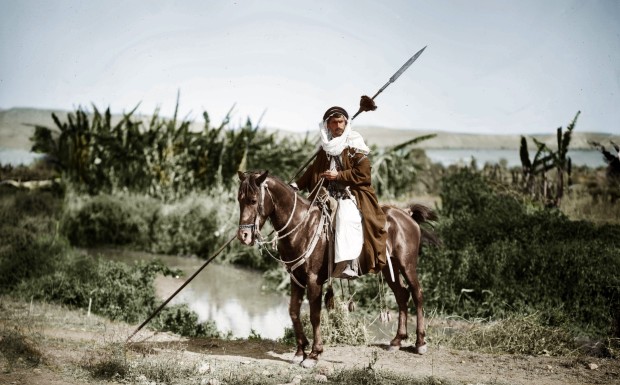











You must be logged in to post a comment Login